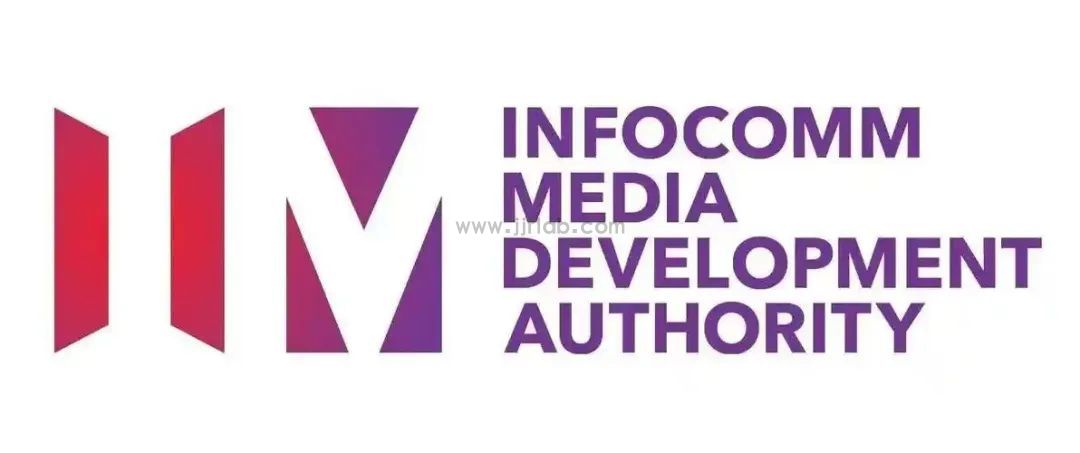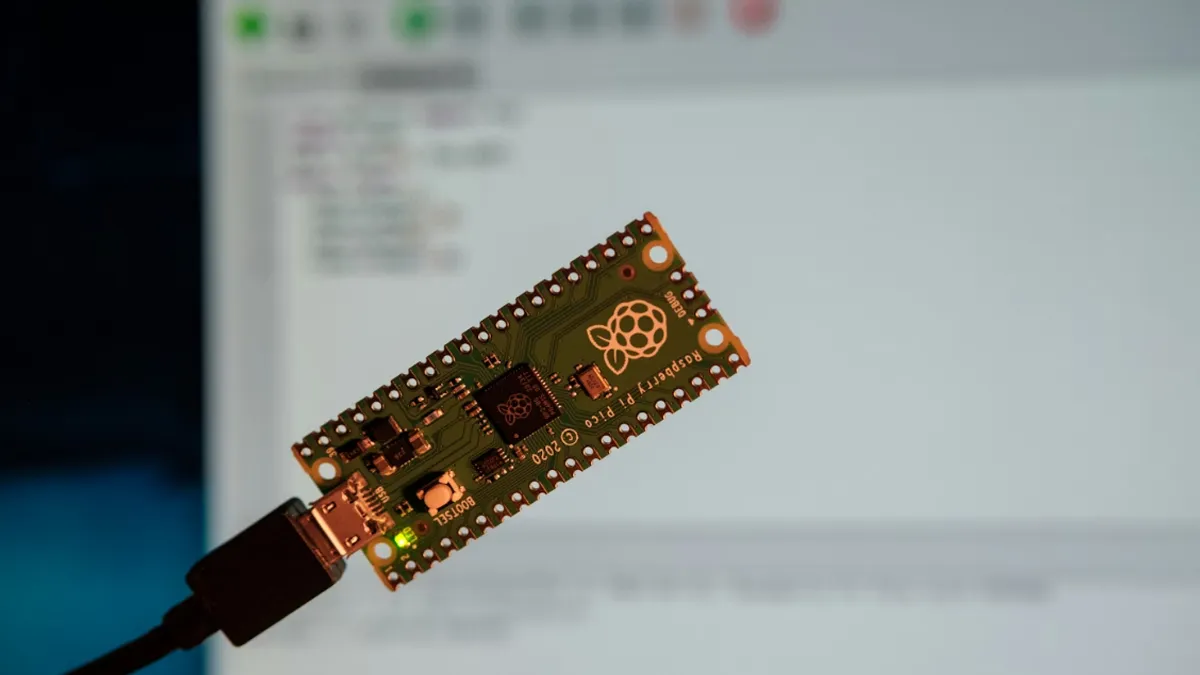
Introduction to Singapore IMDA Certification
What is IMDA Certification?
IMDA (Infocomm Media Development Authority) certification is a mandatory approval requiRED for wireless products entering the Singapore market. It was established through the merger of the former Infocomm Development Authority (IDA) and the Media Development Authority (MDA).
The IMDA Certification ensures that telecommunications and media devices are legal, safe, and compliant with relevant regULations and standards in Singapore. IMDA serves as the primary regulatory body overseeing telecommunications, information and communication technology (ICT), and media sectors in Singapore.

Scope of IMDA Certification
IMDA certification applies to all wireless telecommunication products sold or used in Singapore, including but not limited to:
1. Smartwatches: Devices with wireless communication functions such as Bluetooth, Wi-Fi, GPS, and cellular data (e.g., 3G/4G LTE).
2. Smart Locks: All wireless and telecommunication products integrated into security devices.
IMDA Certification Standards
IMDA certification primarily covers the following technical standards for wireless devices:
1. Electromagnetic Compatibility (EMC): Devices must meet Singapore's EMC requirements to ensure they do not interfere with other equipment and can resist external electromagnetic disturbances. IMDA standards are based on international norms such as CISPR 22/32 or IEC 61000-4-2, adjusted for local needs.
2. Radio Frequency (RF) Performance: Wireless components (e.g., Bluetooth, Wi-Fi, cellular) must meet technical requirements to operate within designated frequency bands and avoid interference with other communication devices. Common standards include those for Bluetooth, Wi-Fi, and mobile networks.
3. Frequency Band Usage Regulations: All wireless devices must be certified by IMDA before entering the Singapore market to ensure their RF output and frequency usage comply with local regulations.
4. Specific Absorption Rate (SAR): Devices with cellular or other high-power wireless transmission functions must undergo sar testing to ensure safety for human exposure.
By adhering to these standards, IMDA certification guarantees the compliance and safety of wireless communication equipment in Singapore.
IMDA Certification Process
1. Determine the product categoryand understand applicable requirements.
2. Conduct product testingat an IMDA-recognized laboratory (e.g., JJR in China).
3. Prepare and submit application documents, including product specifications and test reports.
4. Complete and submit the application formand pay the certification fees.
5. IMDA reviews the application; upon approval, an official certificate is issued.
Singapore IMDA certification is a crucial credential for the legal sale and use of electronic and telecommunication devices in Singapore. It ensures that products meet relevant technical standards and safety requirements, thereby protecting consumer rights and supporting market integrity.
Email:hello@jjrlab.com
Write your message here and send it to us
 What is EU CE-RED Directive Certification?
What is EU CE-RED Directive Certification?
 What is CE certification electronics?
What is CE certification electronics?
 EU CE-RED Certification Guide for Wireless Product
EU CE-RED Certification Guide for Wireless Product
 How to get for Wireless CE Certification?
How to get for Wireless CE Certification?
 What is CE Certification for Wireless devices?
What is CE Certification for Wireless devices?
 Amazon Toy TIC Audit Costs, Timelines, and Testing
Amazon Toy TIC Audit Costs, Timelines, and Testing
 Amazon Direct Validation (DV) Audit
Amazon Direct Validation (DV) Audit
 Products Requiring Amazon TIC Certification Review
Products Requiring Amazon TIC Certification Review
Leave us a message
24-hour online customer service at any time to respond, so that you worry!




